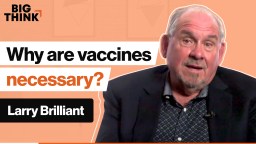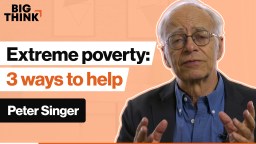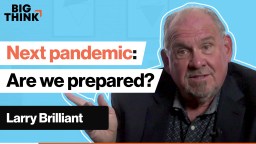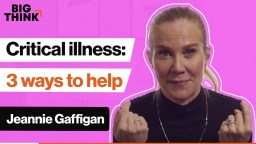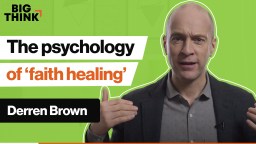health
Information is the best armor against panic.
Here’s what scientists know about how the virus spreads, and how to avoid contracting it.
OCD sufferers cannot trust past experiences, making the future even harder to manage.
As the new coronavirus epidemic spreads, more and more people are wearing surgical masks—despite their questionable effectiveness. An anthropologist explores the reasons why.
Preventable deaths for all five leading mortality causes are “consistently higher” in rural communities.
Your pooch needs to be trained with love and compassion.
Vaccines have done their job so well that anti-vax parents have forgotten the horror of contagious disease.
▸
3 min
—
with
Scientists often find that they cannot replicate prior findings.
Smoking is not just habit-based but is deeply entwined with emotions.
There are many different ways of helping people in extreme poverty. Philosopher Peter Singer explains how you can do it.
▸
5 min
—
with
A deep-learning model identifies a powerful new drug that can kill some antibiotic-resistant bacteria.
Budget cuts to pandemic preparedness put us all at risk.
▸
4 min
—
with
Increasing numbers of seniors need help with basic tasks. It doesn’t have to be that way.
The CDC estimates that more than 210,000 people in the U.S. have been hospitalized by the flu this season.
One study says reduce red meat consumption; another says enjoy. Which should we believe?
How to actually help a person who’s ill? Don’t be afraid to be funny, says Jeannie Gaffigan.
▸
4 min
—
with
In 2018, cancer drugs earned the pharmaceutical industry $123.8 billion. Soon, they’ll be worth billions more.
A new study suggests that the type of alarm clock you use might affect the severity of sleep inertia you experience.
These seven subjects don’t teach toward the test, but they will help students lead happier, healthier, and smarter lives.
A new study finds it may take decades or even a whole lifetime to appear.
What if we could just skip the workout part and take the results in supplement form? Researchers did it… On mice and flies.
The Johns Hopkins Center for Systems Science and Engineering (CSSE) created an online dashboard map that provides up-to-date data on reported cases and deaths worldwide.
Air pollution poses “a significant risk to brain development” according to researchers.
Healing from a break-up should be taken as seriously as healing from a broken arm, says psychiatrist Dr. Guy Winch.
Numerous drugs designed to treat diabetes, arthritis, and other conditions may actually have secret anti-cancer properties as well.
A new hypothesis suggests that you can “catch” noncommunicable diseases from other people via the microbiome.
Research explains the positive impact and health benefits of children spending more time in nature.
Research suggests dog ownership may improve heart health, decrease depression, and even help you live longer.






